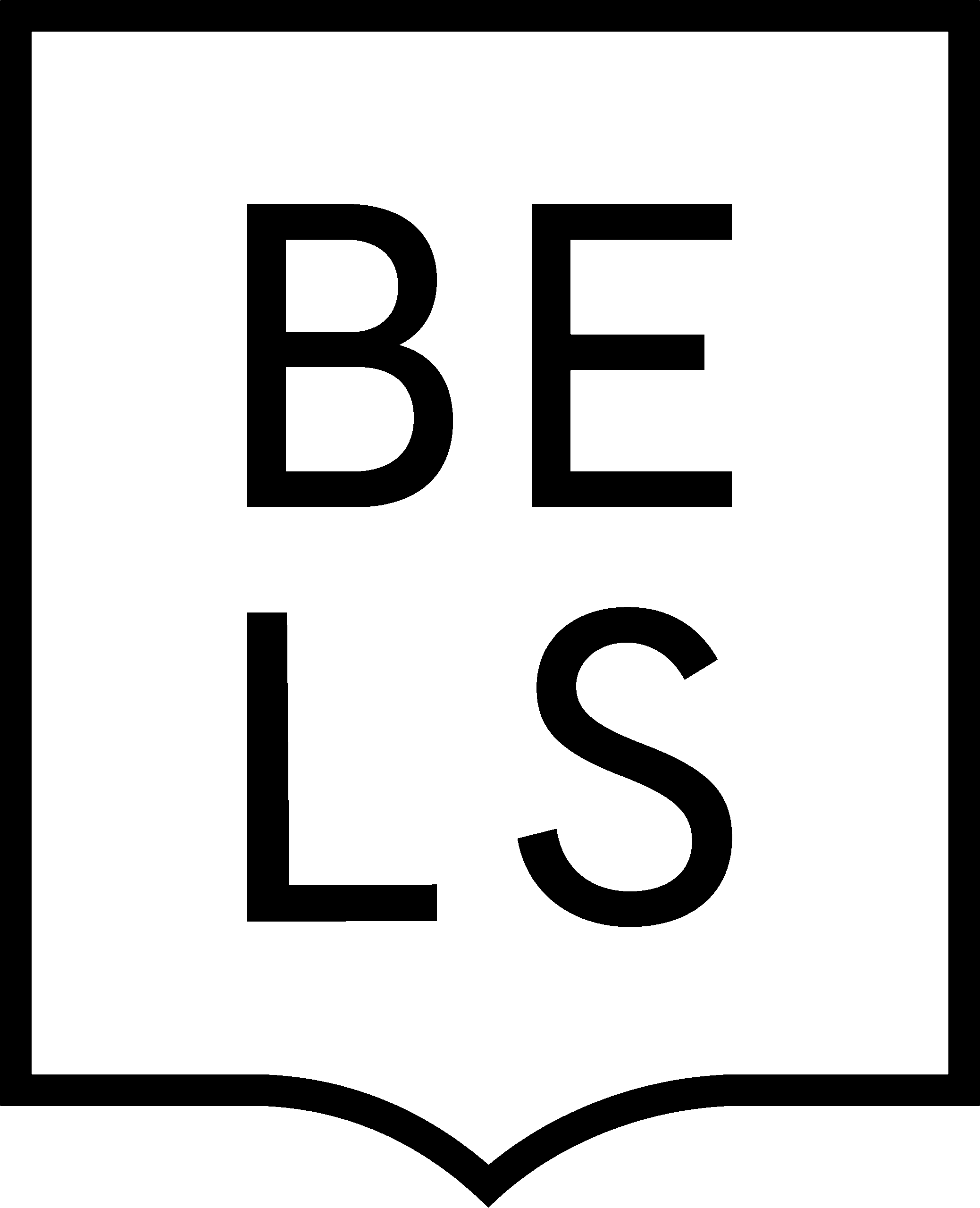A Learner’s Guide to Academic English
Mastering academic English is crucial for success in higher education and professional environments. In this blog, we share valuable tips and strategies to help you improve your academic English, from expanding your vocabulary to honing your writing and speaking skills. Read on to discover practical advice that can make a significant difference in your academic journey.

What is Academic English?
Academic English is the specific ‘branch’ of English we read, study and write about academic subjects. It is used in scholarly contexts like universities or research institutions. Academic English is typically marked by formality, high vocabulary levels known as jargon and precise grammar. This differs from everyday English, which usually includes slang, idioms and collocations. Think of everyday English as jeans and a T-shirt, suitable for informal situations, whereas Academic English is a suit and tie you wear for formal and professional situations.
How to Learn Academic English
Just like you would immerse yourself in everyday English to learn it, you must do the same for Academic English. Dive into Academic textbooks, research papers and articles and listen to Academic English whenever possible. Consider booking an English Language Course specialised in Academic English. The best way to master academic English is to regularly practise with an experienced person who knows the nuances of the language used in an Academic English context.
How to Speak Academic English
Familiarise yourself with spoken Academic English by watching or listening to presentations, lectures and academic talks. Focus on how professors or lecturers logically use vocabulary and present information. By familiarising yourself with spoken academic English, actively practising formulating responses, and participating in discussions, you can develop your confidence and fluency in this specific English register.
How to Write Academic English
To write in Academic English, you must be as formal as possible, using complex sentences and precise vocabulary. Be sure to avoid contractions and slang words. Another key point is the fact over feelings! Academic English writing is about being objective by presenting information without personal opinions. Use the third person to set an impersonal structure and tone. Remember that structure matters, and Academic English writing follows specific formats. When writing, paragraphs should be well structured, and references from other authors are necessary to support your arguments. Familiarize yourself with sections like introductions, methodologies, results, and discussions. Don’t forget citations – they keep you honest and avoid plagiarism!
Academic English Phrasebank
Let’s look at some situations where we use Academic English and learn useful phrases.
Presenting Research (Spoken)
You might be asked to present research documented in a report. The key to good presentations is to follow the format of your report and summarise your findings. You want to speak confidently about your topic, so creating a script for your presentation is useful.
Phrases to Use:
I’d like to give an overview of… (to show the main points of the presentation)
- Next, I’ll focus on… (to move from one point to another).
- Finally, I’d like to address… (to present that final idea).
- The following points are discussed … (to summarise your evidence).
- My first point concerns… (to delve deeper into your first piece of evidence).
- In this presentation…(to summarise the presentation).
- In conclusion…. (to use when finishing the presentation).
- I’d like to raise the issue…(to highlight a pressing matter).
- Are there any questions regarding… (to inquire for any questions).
Interviewing (Spoken)
Interviewing is used when conducting research and differs from a casual interview because it uses specialised Academic English vocabulary.
Phrases to Use:
- Tell me about… (to enquire about a person or their research).
- How would you describe… (to ask a person for their knowledge of something).
- What my research focuses on is… (to explain your research).
- What is your take on…? (to garner an opinion about something).
- What are the key points of…? (to get an idea of the main ideas of something).
- What is the impact of…? (to see the effect of something).
- Tell me about your research… (to learn more about a person’s field of interest).
- What are the current issues…? (to learn more about current events in your sector).
Report Writing
Report writing is used for experiments, surveys, or research projects. The aim of report writing is not only to showcase your research but also to unpack the reasons behind collecting it.
Phrases to Use:
- This report aims to… ( to show the report’s goals).
- Few studies have investigated… (to show your report is unique).
- An alternative approach… (to show a different way of doing something).
- The central question is… (to summarise the main idea).
- Based on my observations… (to present the results of your observations).
- The findings are outlined… (to demonstrate where the reader can locate your findings).
- Whereby… (to show how something was done).
- To this end… (to show what you did to achieve an aim).
- In other words… (to rephrase your statement).
Assignment Writing
Assignment writing refers to the work you are given for a class. Planning and outlining are also important elements of assignment writing. Transitional phrases are also key to assignment writing because they help move your paragraphs.
Phrases to Use:
- Additionally… (to introduce another fact).
- Finally… (to present the last point).
- However… (to show a contrasting idea).
- Furthermore… (to introduce that supports a previous idea).
- It is often stated that… (to show that something is generalised).
- Firstly… (to indicate the first element of a sequence).
- In light of… (to show that you have considered something).
- In order to… (to present your purpose).
Showing Proof and Referencing
Referencing acknowledges the source of information you have used. It is crucial to use the correct format depending on the style necessary for your line of study. Without referencing, you will be plagiarising another person’s ideas and can face serious consequences with the examination board. There are also handy online tools that can help you cite properly.
- According to… (to show another person’s opinion).
- ____ argues that… (to present a person’s argument).
- It is explained by _____ that … (to indicate an explanation given by another person).
- From the point of view of… (to highlight another person’s opinion).
- As reported by… (to present the findings of another person).
- Based on… (to show your reasoning relates to another person’s idea).
- As per… (another way to say ‘according to’).
- As mentioned by… ( to indicate a statement from another person).
Take Your Academic English to the Next Level with BELS
Improving your academic English abilities can unlock new academic and professional opportunities. At BELS, we provide personalised individual lessons tailored to your specific needs and objectives. Whether you’re preparing for exams, working on a research paper, or aiming to enhance your academic language proficiency, our skilled instructors are here to assist you.
Email us at [email protected] to begin your journey towards mastering academic English.
Learn English with a Top School
Whether you'd like to improve English for personal, career or academic goals - we've got a course for you.
Browse Courses


